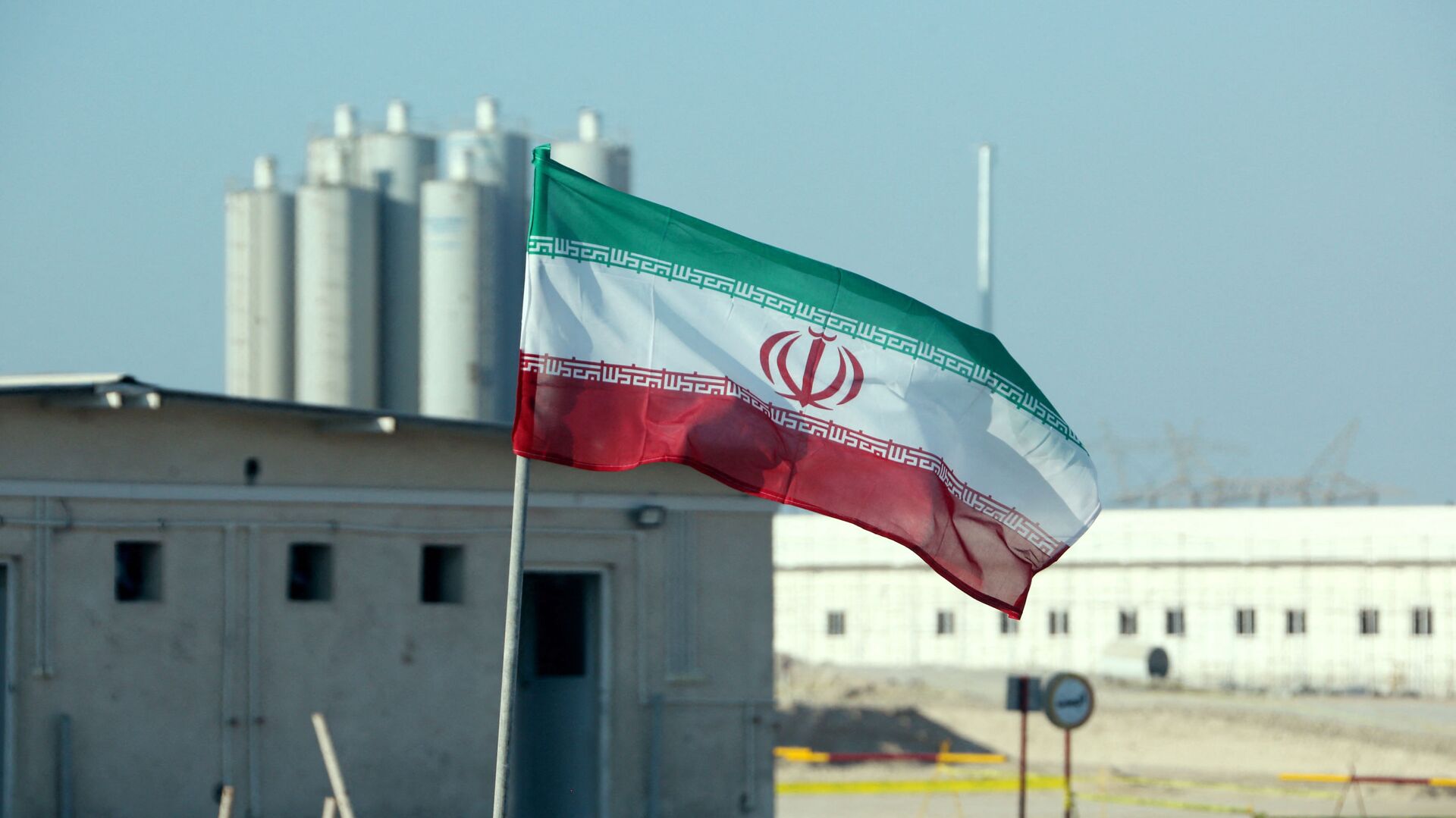A "sabotage attempt" on a building of the Atomic Energy Organisation of Iran (AEOI) has failed, according to a report from PTV news.
Security sources: Sabotage attempt on a building of atomic energy organization of Iran foiled pic.twitter.com/BrHKOB2Kd1
— PTVBreaking (@PTVBreaking1) June 23, 2021
According to Iranian news agency Nournews, which confirmed the incident, it caused no "loss of life or property damage".
"Investigations are ongoing to identify the perpetrators and determine the facts surrounding the incident," said Nournews, an Iranian news agency close to Iran's supreme National Security Council.
Meanwhile, the country's Press TV reported that "the hostile attempt occurred on early Wednesday, but did not result in any casualties or damage owing to tight security precautions adopted following similar acts of sabotage against Iranian nuclear sites and scientists".
These report were not confirmed by Iranian authorities.
AEOI is responsible for operating Iran's nuclear infrastructure and was blamed for its involvement in undeclared nuclear facilities at the Natanz power plant.
Past 'Sabotage'
In April, Tehran announced that the Natanz facility was hit by "sabotage", shortly after it unveiled its new centrifuges and devices purportedly used for uranium enrichment. Tehran blamed the incident on Israel, which didn't deny the allegations.
The recent "sabotage" report comes as Iran is currently negotiating the revival of the Joint Comprehensive Plan of Action (JCPOA) - also known as the Iran nuclear deal - in Brussels. On Wednesday, Iran's President Hassan Rouhani announced that the agreement around the JCPOA's revival can be reached in a couple of days.
The Iran nuclear deal was reached in 2015, relieving Tehran from Washington's sanctions; however, the Trump adminsitation unilaterally ditched the JCPOA in 2018.
Under the deal, Iran was relieved from the US sanctions in exchange for the curbing of its nuclear activities. But following America's withdrawal and re-imposition of the US sanctions, Iran announced that it would start uranium enrichment beyond the 3.67% limit agreed upon under the deal.
According to the International Atomic Energy Agency (IAEA), by the end of May, Iran had exceeded its enriched uranium stockpile limit more than 16-fold.



